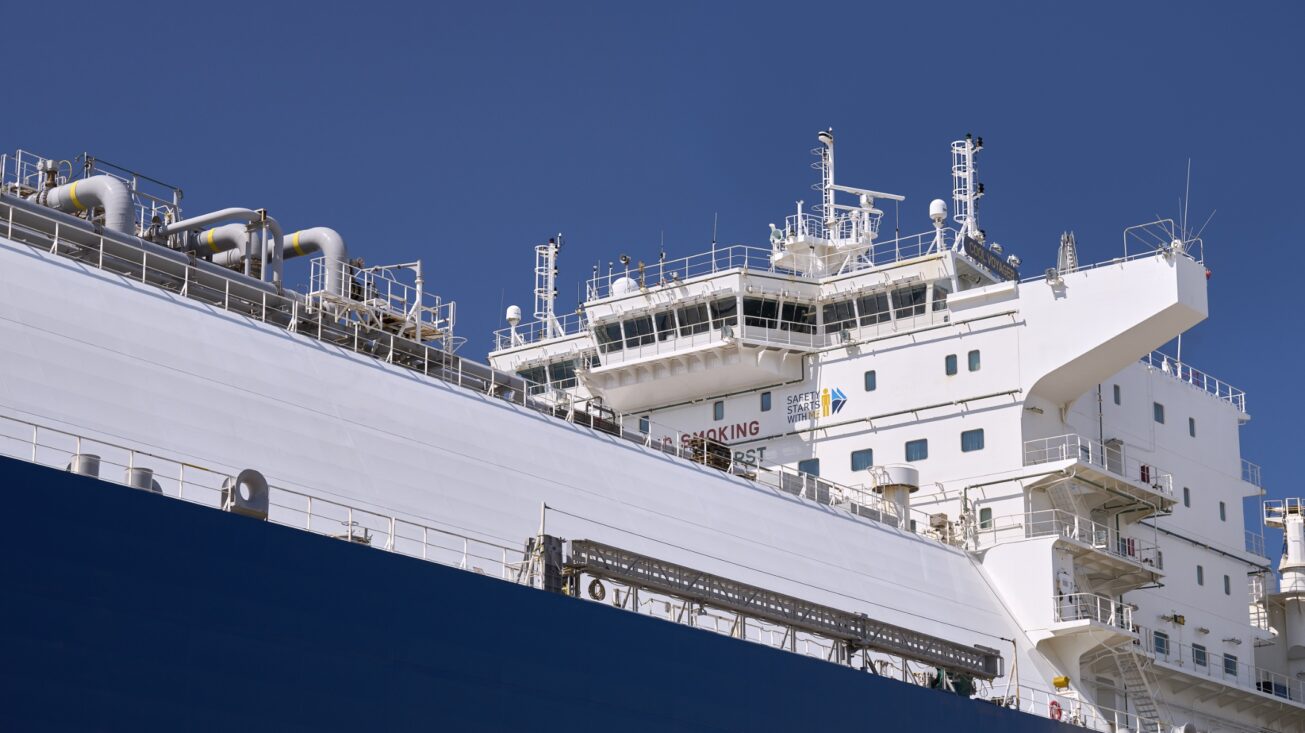Pioneering revolutionary energy-saving technologies and initiatives.

With rising fuel prices, tighter regulations and increasing environmental concerns, fuel consumption efficiency is a high priority for charterers as well as for ship operators.
Our environmental goals are fully aligned with the International Maritime Organization (IMO) and their greenhouse gas (GHG) emissions reduction strategy.
Thenamaris has taken the lead early on in the ship management industry by adopting ground-breaking technologies and rigorously pursuing initiatives that can dramatically increase fuel efficiency. We have:
- Retrofitted the Becker Mewis Duct® on a significant number of vessels under our management as early as 2010. Currently 39 of the vessels in our Thenamaris managed fleet, 21 in our Thenamaris ConBulk managed fleet, and 8 in our Thenamaris LNG managed fleet are fitted with Mewis Ducts or similar energy-saving devices. These energy-saving devices produce 3%-5% savings in fuel consumption and CO2 emissions by optimizing the water flow to the ship’s propeller. Thenamaris was the first company in the world to install the Becker Mewis Duct® on a vessel as large as the Suezmax.
- Installed extensive telemetry systems in 70 vessels, over the years. Currently, on 42 vessels, we are acquiring near real-time measurements from all energy intensive vessel subsystems, including the propulsion plant and the main engine, the electro plant, the steam plant, the bridge navigation systems, the cargo monitoring system, the bunker tanks, the ballast water treatment plant and the exhaust gas cleaning system.
Our goal: reducing fuel consumption and CO2 emissions
Our technical teams have undertaken a number of additional efforts to reduce fuel consumption and CO2 emissions involving both technical and operational initiatives.
- Technical initiatives include: ship hull form, rudder and propeller design optimization at the newbuilding stage via Computational Fluid Dynamics (CFD) and model tests, main engine derating and optimum tuning, propeller coating with fouling release technology, the application of Variable Frequency Drives on large electric motors, and the introduction of partial re-liquefaction plants on our LNG carriers.
- Operational initiatives include: the scheduling of underwater hull and propeller cleanings based on biofouling detection by the continuous monitoring and analysis of the vessel’s performance, voyage speed optimization and weather routing, vessel trim optimization and the continuous monitoring and evaluation of all main engines and auxiliary engines in the managed fleets.






